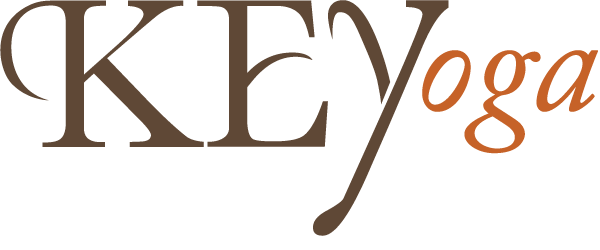“Yoga does not just change the way we see things, it transform the person who sees.” B.K.S. Iyengar
I recently listened to (and thought you might enjoy) Terry Gross’ interview with Barbara Brown Taylor on Fresh Air this past week. Ms. Taylor is an ordained Episcopal priest who left her job as rector of a church to become a professor of religion. Barbara Taylor has written several books on religion and spirituality including: An Altar In the World, Learning to Walk in the Dark, Leaving Church and her memoir titled Holy Envy.
As a professor of religion, Taylor said that she “hoped it would be a way to convince {the students} that they could find things they liked about other traditions, and it would not make them disloyal to their own.” She said that it worked most of the time.
Taylor writes about how teaching the different religions changed her student’s understanding of faith, as well as her own. She was asked if she was concerned about shaking the faith of her students. She answered: I think that education does that – whatever the subject matter. So, yes, I did feel as if in the field of religion I was in the business of making misfits, who would never quite fit the same way in their faith communities, their families. Then I started talking to colleagues in other fields and they said, “Yeah, that’s what we do at college, it’s that people grow and change and don’t fit where they used to.’”
Education does that – whatever the subject matter – and yoga is just a different subject.
In Zen Buddhism, this process of education, or moving towards enlightenment is represented by the 10 Bull Pictures.
In psychology, a similar learning curve is depicted by The Four Stages of Competence.
In the beginning we are Consciously Incompetent. This is the ignorance is bliss stage. We don’t know what we don’t know. The second stage is Conscious Incompetence. We know our arms are bent, but we aren’t able to straighten them. This can be a little frustrating. Then there might be a breakthrough and if we really concentrate, we can straighten our arms. This stage is called Conscious Competence. Finally through perfect practice we may enter into the state of Unconscious Competence where we don’t have to think about it, we know our arms are straight.
Another book you might enjoy in this same vein is Educated by Tara Westover. Ms. Westover wasn’t your garden variety college student. When the Holocaust was mentioned in a history class, she didn’t know what it was (no, really). That’s because she didn’t see the inside of a classroom until the age of seventeen. Public education was one of the many things her religious fanatic father was dubious of, believing it a means for the government to brainwash its gullible citizens, and her mother wasn’t diligent on the homeschooling front. If it wasn’t for a brother who managed to extricate himself from their isolated—and often dangerous--world, Westover might still be in rural Idaho, trying to survive her survivalist upbringing. It’s a miraculous story she tells in her memoir Educated. For those of us who took our educations for granted, who occasionally fell asleep in large lecture halls (and inconveniently small ones), it’s hard to grasp the level of grit—not to mention intellect—required to pull off what Westover did. But eventually earning a PhD from Cambridge University may have been the easy part, at least compared to what she had to sacrifice to attain it. The courage it took to make that sacrifice was the truest indicator of how far she’d come, and how much she’d learned. Educated is an inspiring reminder that knowledge is, indeed, power. --Erin Kodicek, Amazon Book

